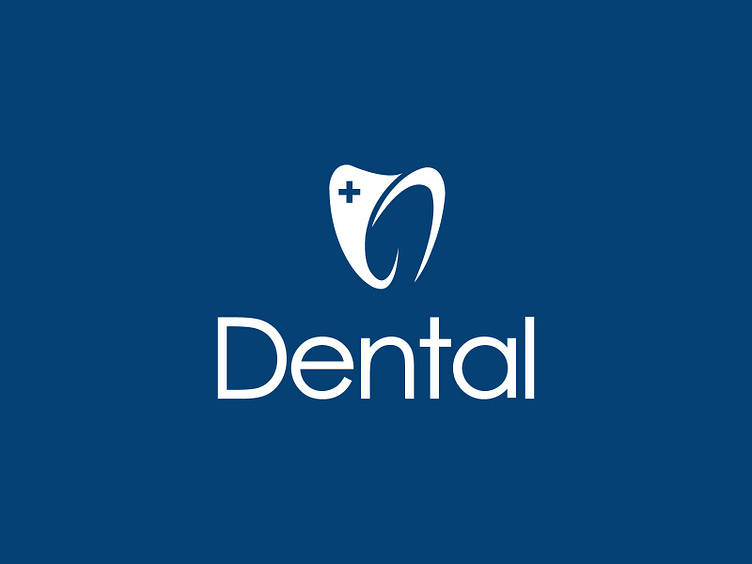Professional Dental Branding & Copyright-Free Resources
The Importance of Professional Dental Logos

Dental logos serve as the visual foundation of a practice’s brand identity, communicating expertise, trustworthiness, and approachability to potential patients. In the healthcare industry, where trust is paramount, a well-designed logo can significantly impact patient perception and practice growth. Herodont-style logos specifically aim to balance clinical professionalism with patient comfort.
What makes dental logos particularly important is their role in alleviating patient anxiety. Many people experience dental fear, and a calming, professional logo can help create a sense of trust before a patient even enters the practice. The right logo communicates competence while also being approachable enough to make patients feel comfortable.
Designing an Effective Herodont Dentist Logo
Creating a successful dental logo requires balancing professional healthcare imagery with approachable design elements. The most effective designs incorporate symbols of dentistry while maintaining a clean, modern aesthetic that appeals to a broad patient base.
Key Design Elements
Successful dental logos typically incorporate these essential elements:
- Tooth imagery: Stylized teeth or smiles that immediately communicate dentistry
- Professional typography: Clean, modern fonts that convey expertise
- Medical symbols: Caduceus, rods of Asclepius, or cross elements for healthcare association
- Calming color palettes: Blues, greens, and teals that promote trust and relaxation
- Balance: Combining symbolic elements without overcrowding the design
Design Tip: Negative Space
Use negative space creatively to hide dental elements within your design. A tooth shape might be formed between other elements, or a smile might be suggested rather than explicitly drawn.
Color Strategies for Dental Logos
Color selection plays a crucial role in dental logo design. Healthcare-related colors typically include blues and greens, which convey trust, cleanliness, and calmness. Consider these approaches:
Traditional Healthcare Blues
Various shades of blue that communicate trust and professionalism
Calming Greens
Green tones that suggest health, growth, and natural care
Clean Combinations
Blue or green paired with white for cleanliness and sterility
Key Elements of Successful Dental Logos
Tooth Imagery
Representing dental care and oral health focus
Smile Elements
Symbolizing the positive outcomes of dental care
Medical Symbols
Conveying healthcare professionalism and expertise
Technology
Emphasizing modern equipment and advanced techniques
Technical Considerations for Dental Logos
When creating dental logos, several technical considerations ensure the design remains effective across various applications. The logo must be recognizable at small sizes for business cards and mobile screens while maintaining its impact on larger formats like signage and marketing materials.
Vector-based designs are essential for dental logos to maintain crispness at any size. Pay special attention to the details of tooth imagery and other symbolic elements to ensure they remain clear when scaled down. Creating multiple versions of the logo—including full color, single color, and reversed options—increases its versatility across different applications.
Creating Your Herodont Dentist Logo Masterpiece
Designing an effective dental logo requires balancing professional healthcare imagery with approachable design elements. By studying dental symbolism, understanding color psychology in healthcare, and utilizing copyright-free resources responsibly, you can create a logo that captures the essence of a dental practice while representing its unique identity.
Start with research into dental symbolism and current trends in healthcare branding, create sketches exploring different concepts and styles, refine your favorite ideas, and experiment with color schemes that enhance the professional quality of your design. Remember that the most successful logos often combine authentic dental elements with creative interpretation.